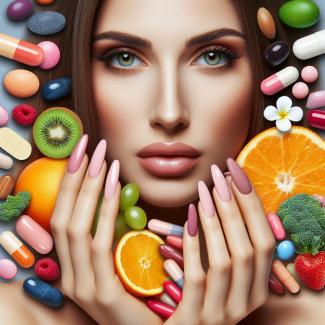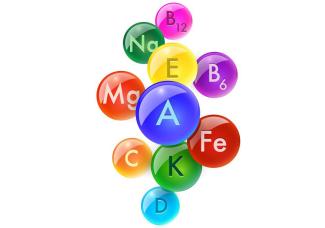
Ear infections can be quite painful and should be evaluated by a healthcare professional, especially if the infection is severe, recurring, or affecting a child. However, some natural remedies may help alleviate symptoms or support the healing process alongside medical treatment. Always consult with a healthcare provider before trying any natural remedies for ear infections. Here are a few options to consider:
- Warm Compress: Applying a warm, moist compress to the affected ear can help relieve pain and discomfort. Make sure it's not too hot and that you don't place it directly into the ear canal.
- Garlic Oil: Garlic has natural antimicrobial properties. You can infuse garlic in olive oil and use a few drops of the oil (once it has cooled) in the ear. Make sure the oil is at a comfortable temperature.
- Tea Tree Oil: Tea tree oil has antibacterial and anti-inflammatory properties. Mix a few drops of tea tree oil with a carrier oil (like olive or coconut oil) and apply it around the ear, avoiding direct contact with the ear canal.
- Hydrogen Peroxide: A diluted solution of hydrogen peroxide (mixed with equal parts of water) can help clear excess earwax, which can contribute to ear infections. However, this should be used cautiously and only if recommended by a healthcare professional.
- Echinacea: Some herbalists recommend echinacea to boost the immune system, which may help the body fight off infections.
- Mullein Oil: Mullein oil is often used in herbal medicine for earaches and ear infections. A few drops of mullein oil in the ear may help soothe pain and inflammation.
- Warm Oil Drops: Gently warm olive oil, coconut oil, or mustard oil and put a few drops into the affected ear. This can help soften earwax and relieve discomfort.
- Probiotics: Some studies suggest that taking probiotics may help prevent ear infections, especially in children, by promoting a healthy balance of bacteria in the ear.
It's crucial to remember that these natural remedies should not replace professional medical advice and treatment when necessary. Ear infections can be serious and may require antibiotics or other medical interventions. Always consult with a healthcare provider, especially for children, when dealing with ear infections to ensure the most appropriate and safe treatment.






